
German, Italian, Korean Firms to Help Build New Iranian Towns
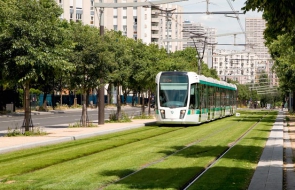
Seeking to build environment friendly cities with strong buildings and smart public systems, a board member of the New Towns Development Company, affiliated to the Ministry of Roads and Urban Development, announced that agreements with companies from Germany, Italy and South Korea have been signed to benefit from their assistance during the second phase of building new cities in Iran.
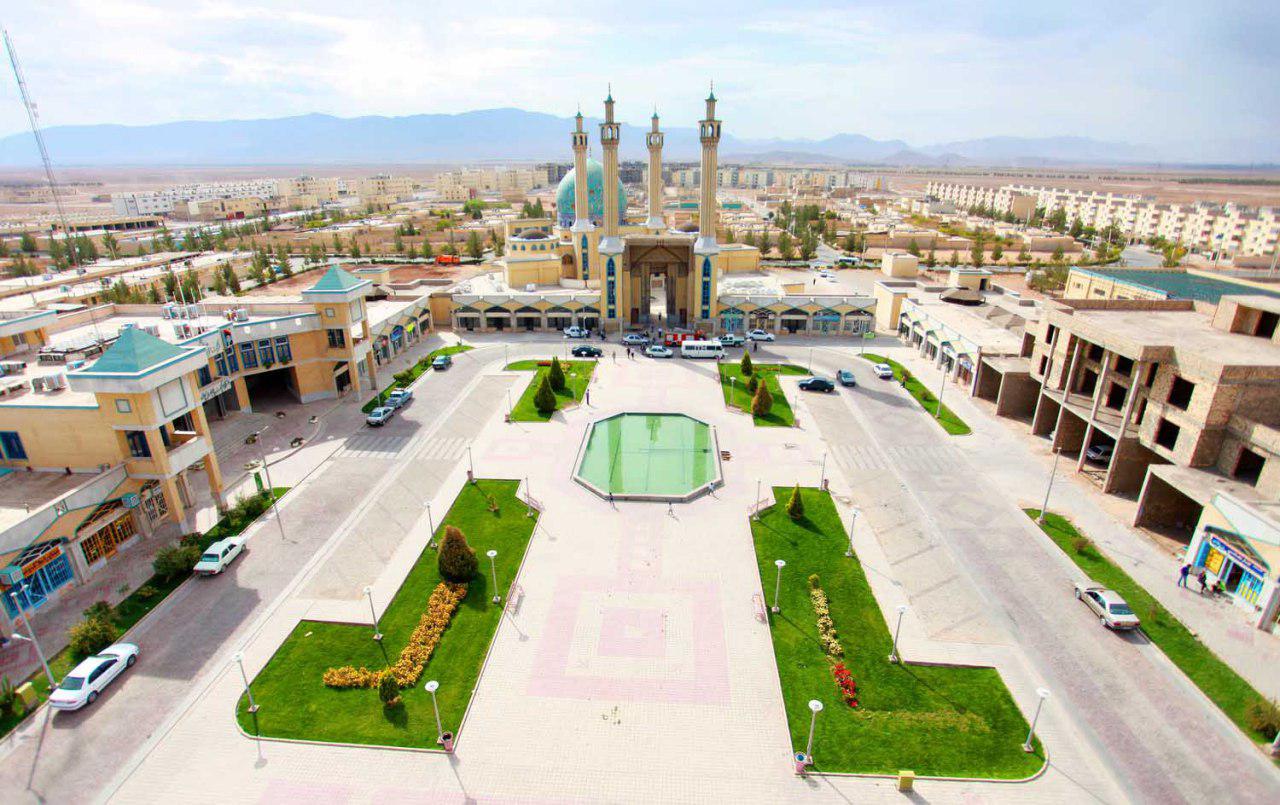
The investment contract of Majlesi has already been signed.
"According to the agreements, the foreign companies will help in a wide variety of fields during this phase, including helping with studies on establishing the new city of Khwarazmi, building 300-bed hospitals in new cities of Golbahar, Parand, Pardis and Hashtgerd, and the design and implementation of subway systems in the new cities of Foolad-Shahr, Sahand and Pardis," Seyyed Mahmoud Mirian was also quoted as saying by Roads Ministry’s website.
He also noted that the foreign companies will help in the designing phase of new smart cities and added that Parand will be the first comprehensive smart town in the country.
Iran's first smart city was launched on March 30, 2017, at Anzali Free Trade Zone but it was a pilot project for a larger national rollout later.
A smart city is a designation given to an urban space that incorporates information and communications technologies to enhance the quality and performance of municipal services such as energy, transportation and utilities to reduce resource consumption, wastage and overall costs.
The overarching aim of a smart city is to enhance the quality of living through smart technology.
Investments
According to Mirian, New Towns Development Company has prepared various investment packages for both domestic and foreign investors.
"We have taken measures to introduce the projects of new cities and specifically elaborated the needs of each one of them," he added.
The official further said the aforementioned measures led to the attraction of more than 5.8 trillion rials ($152.6 million) of investment for the new cities of Tis, Alavi and Majlesi during the first four months of the new Iranian year to July 22, 2017.
"The investment contract of Majlesi and Alavi has already been signed and the investment contract for the new city of Tis with Makran Development Investment Company will soon be finalized," he said.
According to NDTC's board member, investment in new cities has experienced significant growth during the four years of President Rouhani's tenure as the volume of investments during the year to March 21, 2014, stood at 200 billion rials ($5.2 million) while the figure surpassed 5 trillion rials ($131.5 million) for the year to March 21, 2017, which Mirian considers to be an acceptable level for investment.
Back in 2015, NTDC announced that they are getting ready to sign a €900 million agreement with the Korean builder Daelim for building Khwarazmi city in a 500-hectare land located 50 km south of Tehran. The project is among 121 major investment opportunities recently introduced by the Ministry of Roads and Urban Development to foreign and domestic companies.
Mirian said the amount of investments during Rouhani's presidency has reached 13 trillion rials ($342.1 million).
"During the year to March 21, 2017, the New Towns Development Company with a coherent planning managed to absorb investments in the new cities of Baharestan, Amir Kabir, Pardis, Sahand, Andisheh, Hashtgerd, Majlesi and Parand which is a notable achievement for the company," he said.
Bank Maskan Agreement
Mirian announced that NTDC has managed to sign a 10-trillion-rials ($263.1 million) contract with Bank Maskan, based on which the bank will take the responsibility of managing Pardis Construction Company's assets and using them to implement the city's development projects.
"If this scheme proves to be successful, we will definitely implement it in other new cities," he added.
The official further said NTDC is eager to expand ties with the private sector and will fully support investors.
Mirian noted that the plan of new town development is usually devised by NTDC, but it is the people and private sector that are mostly financing these projects.
"Encouraging the private sector to invest in new towns is critically important, as it speeds up the process of their development and offers the concept of shaping a living environment to the people," he said.


Uzbek gold miner said to eye $20 billion value in dual listing

Peabody–Anglo $3.8B coal deal on the brink after mine fire

A global market based on gold bars shudders on tariff threat

Minera Alamos buys Equinox’s Nevada assets for $115M
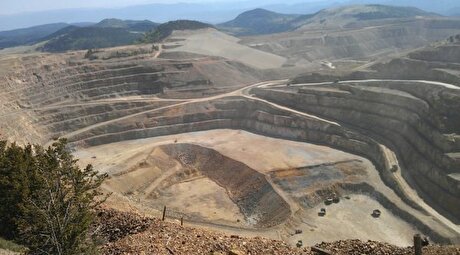
SSR Mining soars on Q2 earnings beat

Century Aluminum to invest $50M in Mt. Holly smelter restart in South Carolina
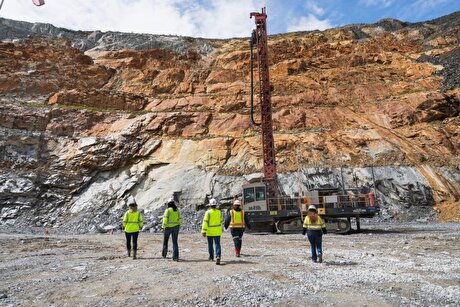
OceanaGold hits new high on strong Q2 results
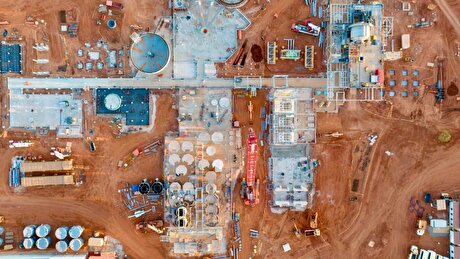
Australia to invest $33 million to boost Liontown’s Kathleen lithium operations

China limits supply of critical minerals to US defense sector: WSJ
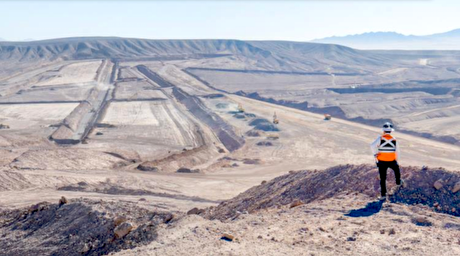
Antofagasta posts biggest profit margins since 2021
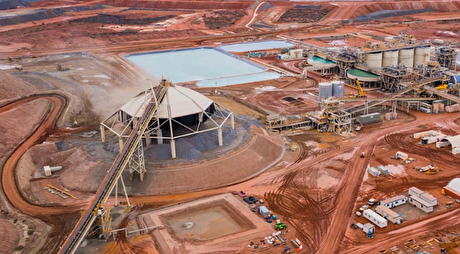
Gold Fields nears $2.4B Gold Road takeover ahead of vote

US startup makes thorium breakthrough at Department of Energy’s Idaho National Lab
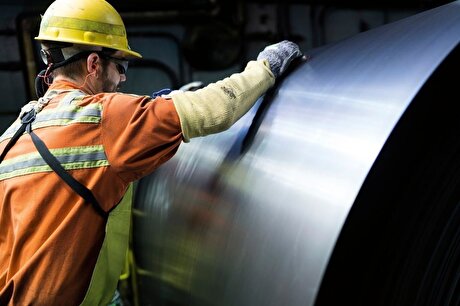
Cleveland-Cliffs inks multiyear steel pacts with US automakers in tariff aftershock
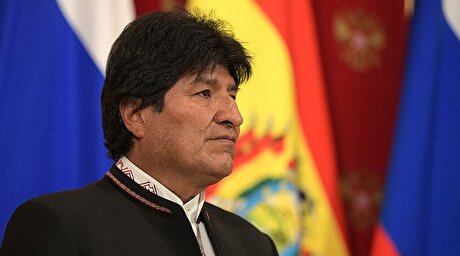
Bolivia election and lithium: What you need to know
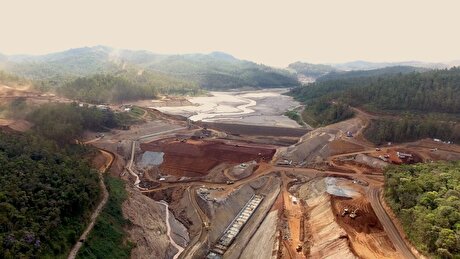
Samarco gets court approval to exit bankruptcy proceedings
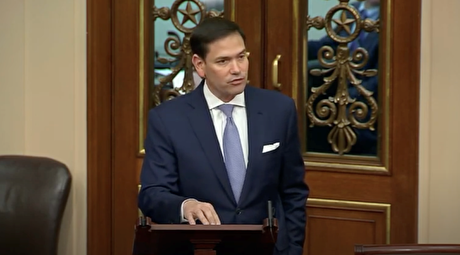
US eyes minerals cooperation in province home to Reko Diq
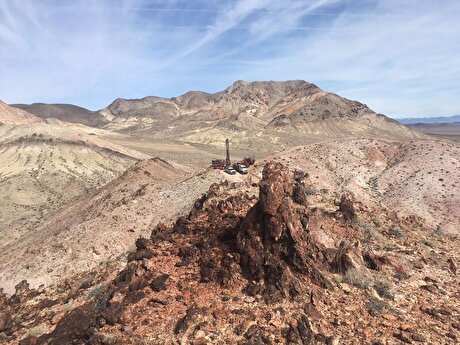
Allegiant Gold soars on 50% financing upsize

Explaining the iron ore grade shift

Metal markets hold steady as Trump-Putin meeting begins

Antofagasta posts biggest profit margins since 2021

Gold Fields nears $2.4B Gold Road takeover ahead of vote

US startup makes thorium breakthrough at Department of Energy’s Idaho National Lab

Cleveland-Cliffs inks multiyear steel pacts with US automakers in tariff aftershock

Bolivia election and lithium: What you need to know

Samarco gets court approval to exit bankruptcy proceedings

US eyes minerals cooperation in province home to Reko Diq

Allegiant Gold soars on 50% financing upsize

Explaining the iron ore grade shift














